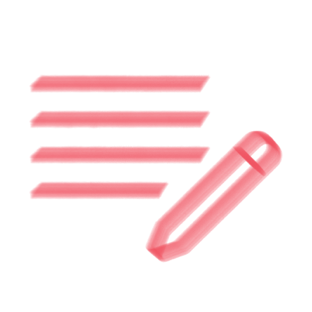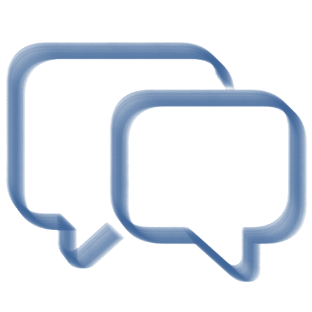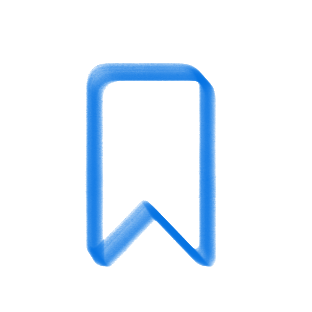GLOBAL LITERACY CRISIS
We face a global literacy crisis with over 745 million people struggling with illiteracy. What does it look like in New Zealand? A UNICEF report found that over a third of 15-year-olds struggle to read and write. I introduced a change project to raise literacy through PBL in an integrated Year 11 English- Mechatronics class.
DESIGN THINKING
With the help of my students, we co-constructed a course with authentic outcomes. Each iteration followed the design thinking framework with skills learnt in Mechatronics, and evidence gathered and published on student-designed websites. This allowed for agency and creativity.
Technology gives teachers the ability to use innovative and independent approaches, allowing students to both dictate and navigate their learning pathway. Industry leaders have long utilised design thinking as a way of creating new knowledge. Yet schools have a strong tendency to reduce content to fixed procedures, and this is in direct opposition to design thinking. Engaging in meaningful experiences, merged with sustained engagement and collaboration, effectively prepares students for our literacy-rich world.
GOAL OF CHANGE PROJECT
The biggest change that this project aimed to achieve was that students could see purpose in reading and writing, and thereby raise the standard of their literacy. If done correctly, agency allows for a power shift in the classroom, and this means shared power rather than power over students. In this way, we raise the writing stakes because students feel empowered with and invested in their work.
Technology, coupled with contemporary, culturally responsive practice, affords us the opportunity for competency-based education. Instead of traditional grading, progress is based on demonstrated mastery of skills. Assessment becomes a meaningful and positive experience and can show real-time progress of higher-order skills helping students navigate the flexible workspaces they will one day inhabit.
AUTHENTIC OUTCOMES
Through this change project, we overcome barriers, accelerated learning, and literacy became meaningful. And using individualised websites proved to be an effective use of digital tools, making students accountable as parents and staff could see outcomes in real-time.
There is no denying the huge impact improved literacy has on our everyday lives. Reading, writing and verbal communication dominate modern society, be that in an academic setting, or simply typing a text. Inherent in the word skills is the idea of ability, aptitude or expertness. But as with all skills, we lose mastery when we fail to practice. Reading and writing matter, and the more we foster literacy at school, the greater our chance of fostering literate adults.













Attach up to 5 files which will be available for other members to download.